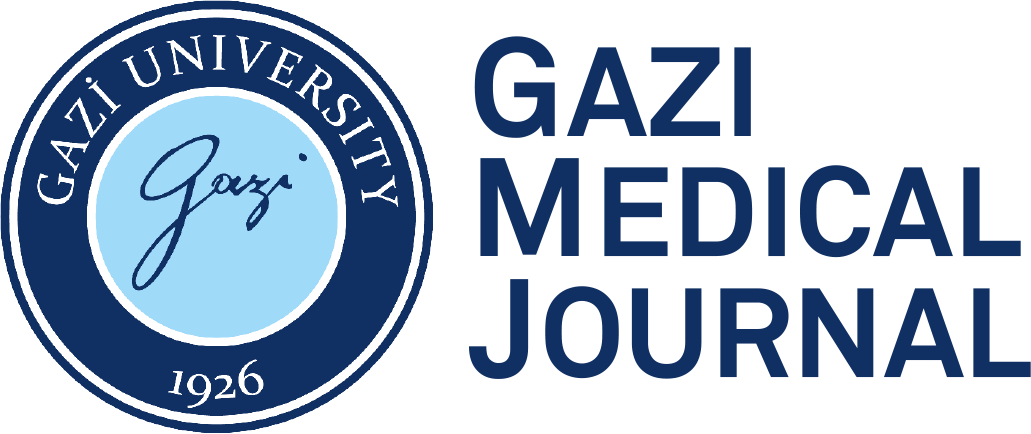ABSTRACT
Objective:
Clinical application of sequence comparative genomic hybridization has greatly contributed to the diagnosis of patients with multiple congenital anomalies, syndromic or non-syndromic intellectual disability. The idiopathic intellectual disability patients with normal karyotype and/or normal subtelomeric rearrangement analysis via Fluorescence in situ Hybridization (FISH), using genome-wide microarray platforms have detected chromosome abnormalities in up to 12% of cases. In this study, we aimed that evaluate the etiology of 9 patients with idiopathic intellectual disability and congenital malformations or dysmorphic features.
Conclusion:
Microarray technology is a highly diagnostic method that is recommended for individuals with intellectual disability and multiple congenital anomalies. Microarray analysis revealed a causal anomaly in one of nine patients (11%) consistent with the literature.
Results:
As a causative anomaly, a 2.6 Mb microduplication on 9q34.2-q34.3 was observed only in one patient who has idiopathic mental retardation and multiple skeletal anomalies.
Methods:
We performed genom wide SNP 2.7 array, in the evaluation of 9 patients with idiopathic intellectual disability and congenital malformations or dysmorphic features as well as normal karyotype and normal subtelomeric rearrangement analysis by the usage of FISH technique.



